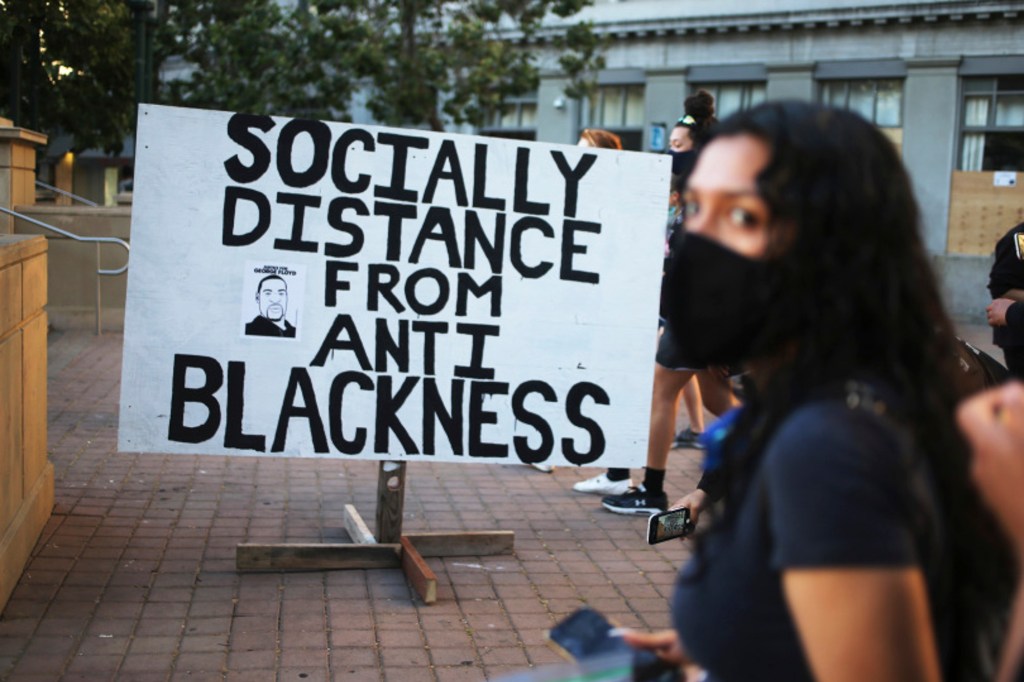Next month, California’s first-in-the-nation reparations task force is set to debate who should be eligible for direct payments proposed as a way to compensate African Americans for slavery and its lingering effects.
In a sign of just how controversial that decision could be, the nine-member committee voted 5-4 Thursday to delay the conversation until March, reports Lil Kalish, who recently joined CalMatters’ California Divide project.
One key sticking point for the task force — which is expected to issue a report in June 2023 recommending ways in which California might formally make reparations to the Black community — is whether payments should be prioritized for direct descendants of enslaved people.
- San Diego Councilmember Monica Montgomery Steppe: “We have to deal with the direct harm that occurred to the enslaved.”
- Dr. Cheryl Grills, a psychology professor at Loyola Marymount University: “How will we possibly be setting people up to be left out of reparations because they cannot establish that lineage? We’re going to reduce ourselves yet again to the masters’ tools.”
The backdrop of the task force’s meeting: a pandemic that continues to disproportionately ravage communities of color — particularly Black and Pacific Islander Californians, CalMatters’ Kristen Hwang reports. Her stunning story found that:
- Black Californians have the lowest vaccination rate in the state at 55%.
- The rate of Black Californians dying from COVID-19 has increased tenfold since last summer, from one death per 100,000 people last July to 10.4 deaths this week. That surpasses all races except Pacific Islanders, who are dying at the rate of 14.7 per 100,000, according to state data.
- Black children are the second most likely to die from COVID among Californians younger than 18, with a rate of 1.2 deaths per 100,000. Pacific Islander kids are twice as likely to die from COVID as Black children, while all other races have less than one COVID-19 death per 100,000 children.
- Dr. Kim Rhoads, a UCSF associate professor of epidemiology: “It’s about a historical relationship between Black people and public health and health care. Instead of saying lack of trust, I’m saying there’s no relationship there, so there should be no expectation of trust.”
Lack of trust was also visible in a poll released Thursday by UC Berkeley’s Institute of Governmental Studies and the Los Angeles Times: 50% of Latino parents and 43% of Black parents said they aren’t confident their children are safe from COVID at school, compared to 38% of Asian American parents and 26% of white parents.
- And 82% of Black registered voters said they approve of school mask mandates — the highest percentage of any racial group surveyed.
